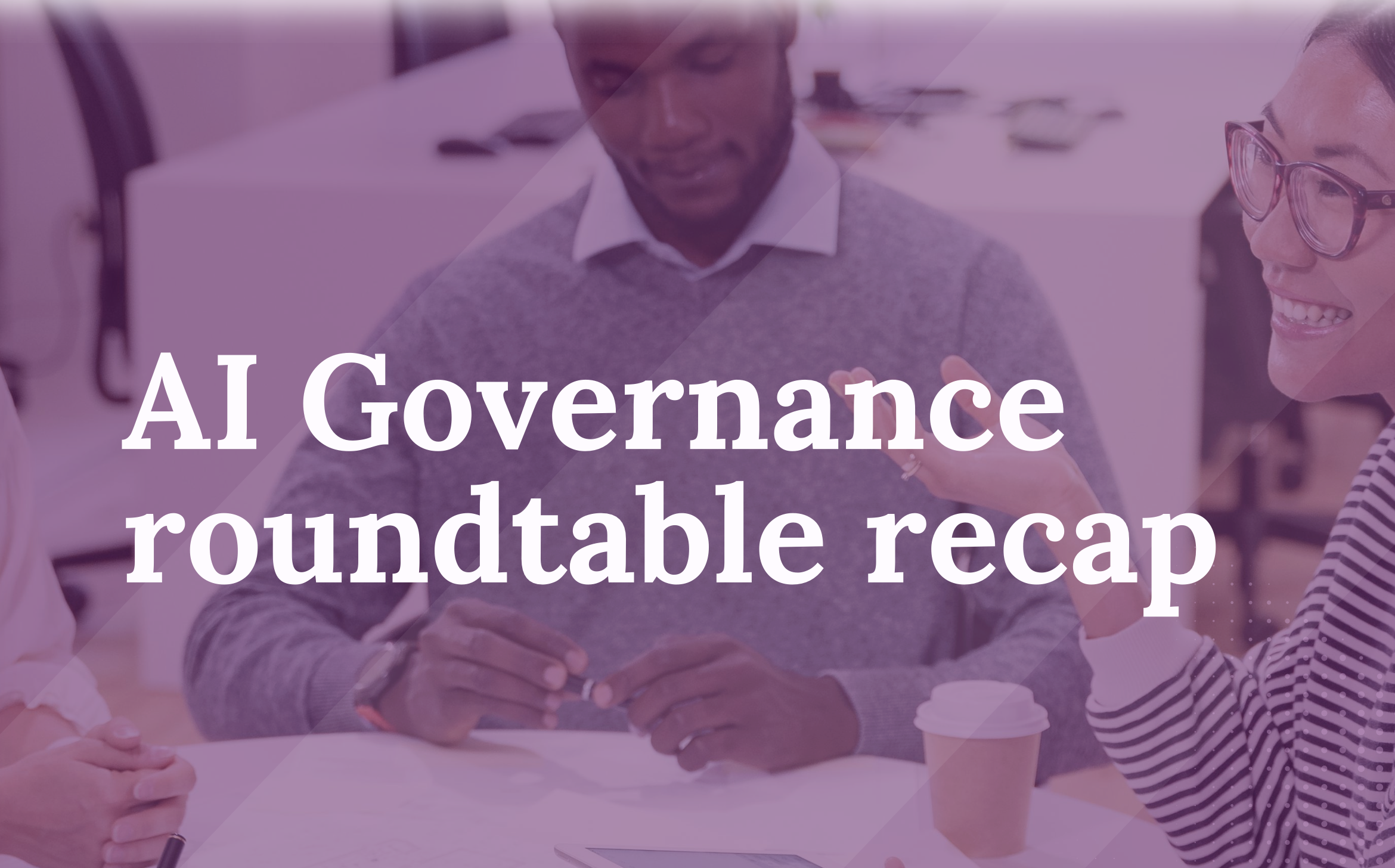Trusted GDPR compliance support Global Outsourced Data Protection Officer (DPO) solutions Expert risk management support
Delivering data dignity. World-class Data Protection & Privacy Services.
Talk to an Expert
We offer a 25% discount to other certified B Corporations, in recognition of our shared values*

We are a B Corp certified, global provider of data protection and privacy services, committed to delivering not just regulatory compliance but data dignity. With a deep understanding of the GDPR and other data protection regulations, we partner with responsible businesses to prioritise privacy, build trust, and ensure that data is handled ethically.
Diverse by design, we champion diversity and inclusion in everything we do, harnessing its power to bring leading solutions to our clients.
Our Services
We offer a comprehensive range of services, including outsourced Data Protection Officer (DPO) solutions and flexible data protection and information security consultancy, designed to help businesses achieve compliance and protect their most valuable assets.
Explore our expertly designed packages to find the right level of support for your needs. Or contact us for a free consultation.
Outsourced Data Protection Officer (DPO) services

DPO Essentials
Putting essential tools, guidance, and data protection support at your fingertips.

DPO Advanced
Driving the development, implementation and maintenance of a robust data protection and privacy programme tailored to your business.
Consultancy Services

Information Security
Helping you to formulate and implement comprehensive security strategies and cybersecurity solutions.

Data Protection & Privacy
Solving your specific data protection and privacy challenges as they arise.
Unlocking your potential for
sustainable growth
0 +

Get expert guidance tailored to your business covering more than 70 jurisdictions worldwide
0 +

Achieve compliance with the GDPR, CCPA and over 250 other data protection regulations globally
0 °

Take a 360° approach to compliance with our 4-pillar methodology for effective privacy risk management
HewardMills 4-Pillar Framework
Building a robust data protection and privacy programme that ensures regulatory compliance and effective risk management requires holistic consideration of your operations. The HewardMills 4-Pillar Framework supports this, providing a clear structure for evaluation, assessment, remediation and support.

Pillar I
Corporate Governance
Implementing data governance practices and identification of risks

Pillar II
Privacy Operations
Integration of privacy considerations into operations

Pillar III
Policies & Procedures
Ensuring compliance with data protection and privacy regulation requirements

Pillar IV
Training
Upskilling employees and enhancing understanding of data protection best practices
GDPR compliance & data mapping
We help you efficiently map your data processes and achieve seamless GDPR compliance.
Navigate regulatory obligations confidently, including ensuring all necessary documentation is in place, accurate and up-to-date, with our expert support.

Gap analysis & maturity assessments
We work with you to evaluate your current compliance and overall data protection and privacy maturity against relevant regulations, including the GDPR and industry best practices. Identifying high-risk areas and supporting improvements.
Close gaps, reduce risk and enhance your organisation’s overall position through our actionable insights, recommendations and support.

International data transfer
From cross-border compliance strategies to navigating regulatory frameworks in over 70 countries, we ensure your international data transfers are secure, lawful, and efficient.
Effectively manage risk within your global operations with our multi-jurisdictional expertise.

Data breach & incident response
In case of a breach, we provide immediate support to minimise impact, manage reporting obligations, and restore trust swiftly.
Be confident in your response and be guided by our actionable, expert recommendations to strengthen your organisation’s security posture and reduce risk.

Training
From essential GDPR training to data protection and privacy courses tailored specifically to your business needs, use our comprehensive training solutions to build your in-house expertise

News, insights and updates
Keeping you informed on key trends and providing expert insights on the latest data protection, privacy and information security developments.





